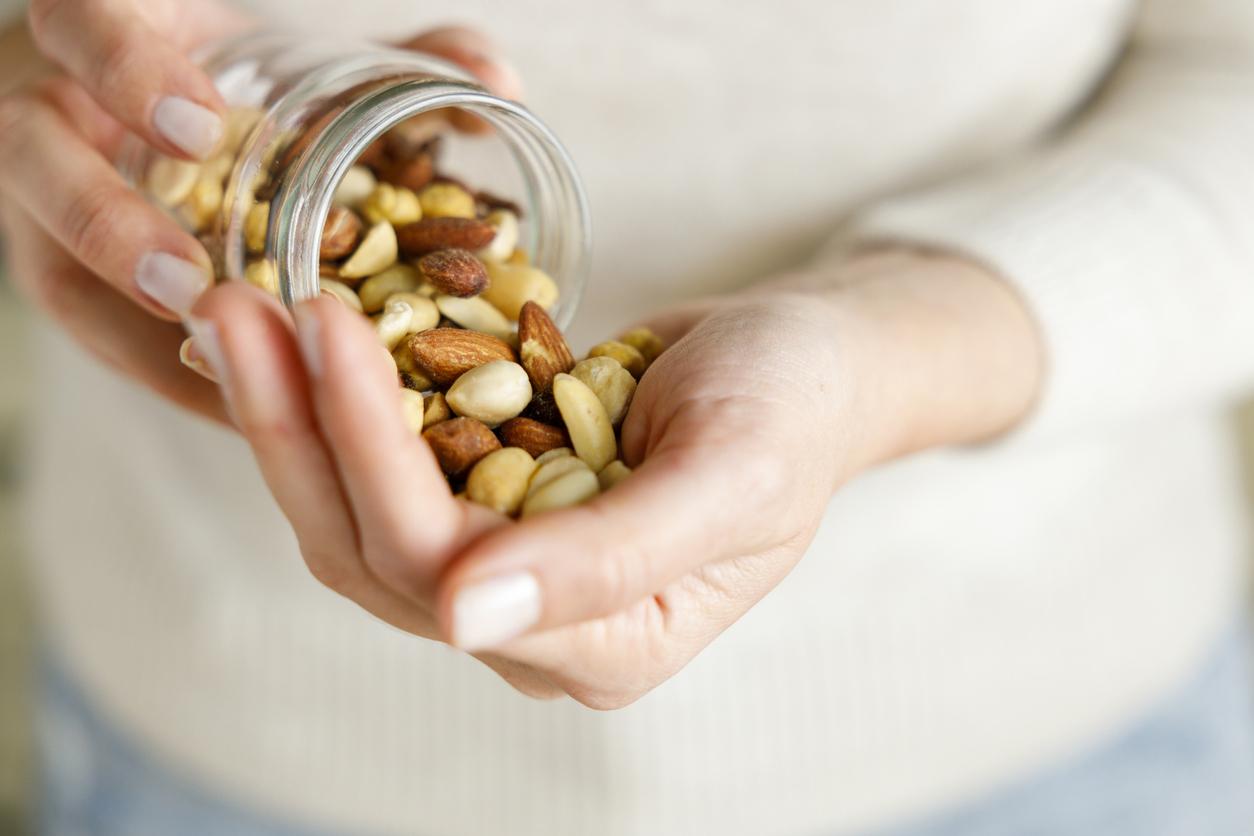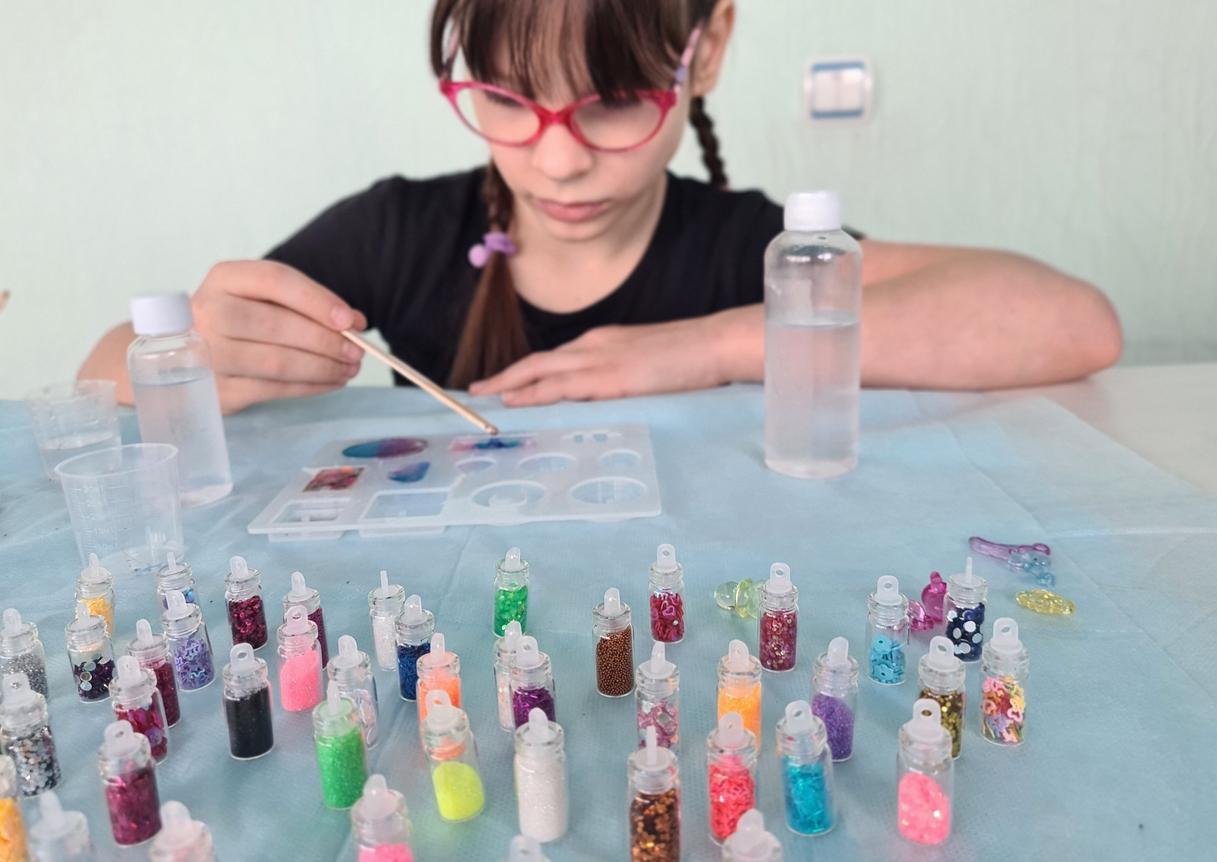Australian researchers have successfully tested a new vaccine to protect people allergic to bee stings.

A few weeks ago, a man made the front page of French newspapers after being stung by 200 bees while that he was walking in Haute-Loire. He died of it. Each year, in France, about fifteen people die after a wasp sting (bees, wasps or hornets). In 2014, the National Institute for Health Surveillance counted 153 deaths between 2000 and 2010. Although these figures remain very low, a bee sting can be very worrying for people with allergies.
However, this phobia could soon be just a bad memory for these unfortunate people. According to an article published in The Journal of Allergy and Clinical ImmunologyAustralian researchers have successfully completed a clinical trial on a vaccine aimed at eliminating the risk of severe allergy after a European bee or Apis mellifera sting.
To develop their serum, researchers from Flinders University and the Royal Adelaide Hospital worked with 27 adults with a history of allergic reactions to bee stings. The vaccine used contained an adjuvant based on sugars intended to help the body neutralize bee venom more quickly. This Advax compound had been successfully administered to more than a thousand people through a range of vaccines, the study authors said.
“The current treatment for allergies is long and laborious”
“It’s like adding a turbocharger to a car. It makes the bee vaccine much more powerful, allowing the immune system to better neutralize bee venom and prevent allergic symptoms,” says Professor Nikolai Petrovsky of Flinders University. Here, the purpose of the clinical trial was to see if the adjuvant could safely and effectively accelerate bee sting immunotherapy.
“The results of this study are very promising and have confirmed the safety of this approach to improve immunotherapy against bee stings”, welcomes Dr. Anthony Smith who participated in the study. Because even if a therapy against bee venom is already available on the market, it takes 50 injections over three years to build the immune system of patients, he specifies. And to conclude: “Current treatment for severe bee sting allergies is long and laborious. So I hope that this improved bee venom therapy will provide faster, but also longer lasting protection for allergy sufferers.”
The Advax adjuvant, which improves bee sting vaccines, was developed by an Australian biotechnology company. It has already been used to develop vaccines against seasonal and pandemic influenza, hepatitis, malaria, Alzheimer’s and many other diseases.
Beyond twenty bites, even non-allergic people should consult
In a non-allergic person, a bee sting is certainly very painful, but it does not represent any danger. Only an edema will appear, very quickly. However, be very careful in the event of a bite in the mouth or throat, as the swelling of the tissues can cause difficulty in breathing. But as a general rule, multiple bites are risk-free, except for a disproportionate attack like the one suffered by the unfortunate hiker in Haute-Loire. Beyond twenty bites, it is recommended that you consult a doctor.
If you don’t know if you or your child are allergic, look for signs of a reaction. An allergic person may, following a sting, feel a feeling of discomfort, tingling and dizziness, develop generalized itching and hives or wheeze and difficulty breathing. She may also have swollen lips and tongue or lose consciousness. If you have any of these symptoms, go to the emergency room immediately.
In case you have suffered from an allergic reaction in the past, it is very likely that it will happen again with your next sting. While waiting for the Australian researchers’ vaccine to come to market, always keep a epinephrine auto-injector at hand. It is a portable device: you just have to press it against your skin for it to inject its contents.
.















